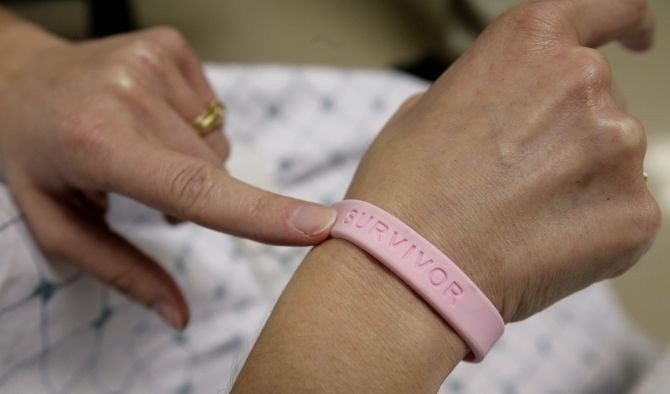High Risk Women Encouraged To Take Breast Cancer Meds: Are The Trade-offs Worth It?

An independent panel of experts, the US Preventative Services Task Force, which evaluates preventative measures in treatment of many diseases across the board has suggested that women who are in a high-risk category for being diagnosed with breast cancer should receive medications to attempt prevention of the disease.
Their suggestions conclude that women who have a family history of breast cancer, have previously had lumps in their breasts and have other contributing factors should speak with their physician about beginning therapies that may prevent breast cancer in the future. The medications that they suggest include tamoxifen and raloxifene, both of which are given to women who have and have had breast cancer that is dependent on estrogen for growth.
The medications block the effects of estrogen and prevent the growth of breast cancer by essentially starving it of a growth factor that it needs to survive. 75 percent of all breast cancers are in some way dependent on estrogen.
These medications were previously recommended for women who were in a high risk category, but adoption in America of the protocol is staggeringly low.
The suggestions come in a review of publications that indicate that the pre-treatment of women at risk for breast cancer can lower the eventual development of the disease. But this is not without side effects. Tamoxifen increases the risk for cataracts, endometrial cancer and both are known to increase the risk of blood clots, lead to hot flashes and affect sex life, so the treatment is not a win-win scenario. On the good side, drugs are known to reduce bone fractures, which women are particularly at risk for in older age.
Interestingly, the majority of women who are in the high risk category never progress to becoming ill with breast cancer. The suggestion to take preventative medications may encourage other cancers that women would not have normally been diagnosed with and cause unwanted and unneeded side effects.
There is an online tool to assess breast cancer risk, but all discussions and concerns should be directed towards medical professionals. Women who have known mutations such as in the BRCA genes, which patent deliberations are currently taking place in the Supreme Court, should not use the risk calculator and speak with a doctor.
The task force is encouraging women to make suggestions and voice their opinions on the subject on their site.



























